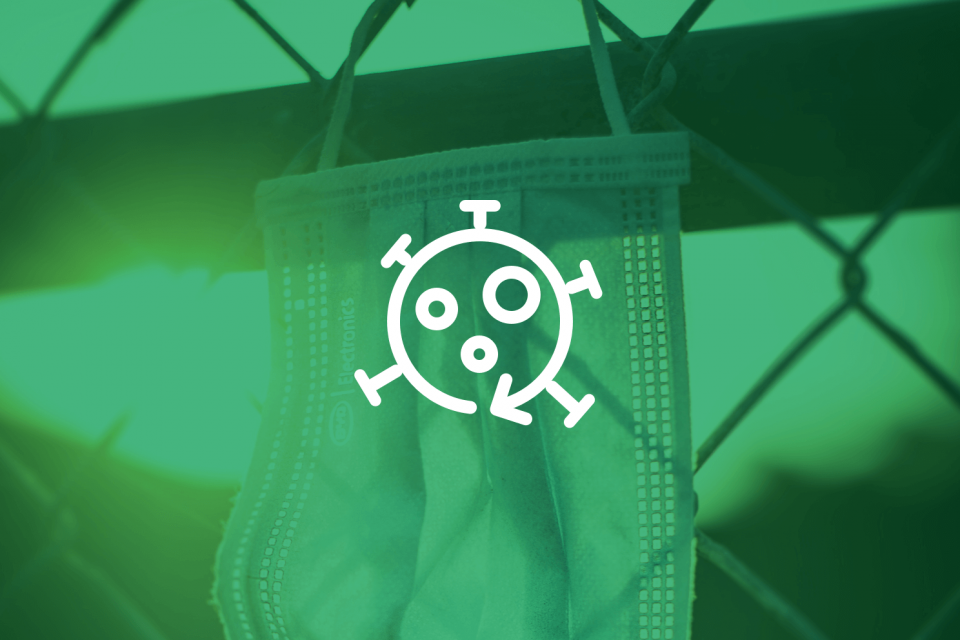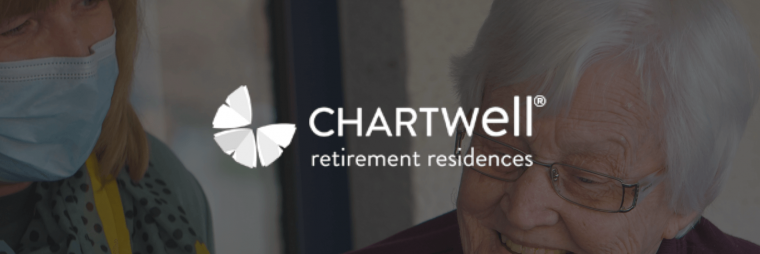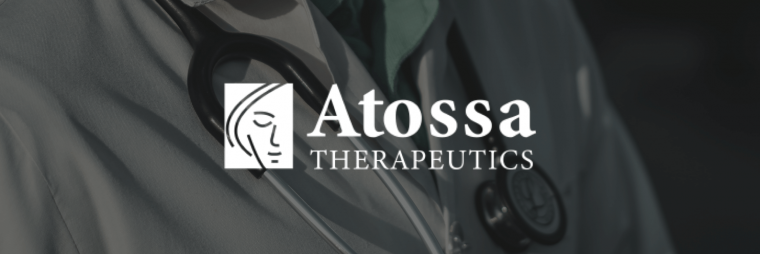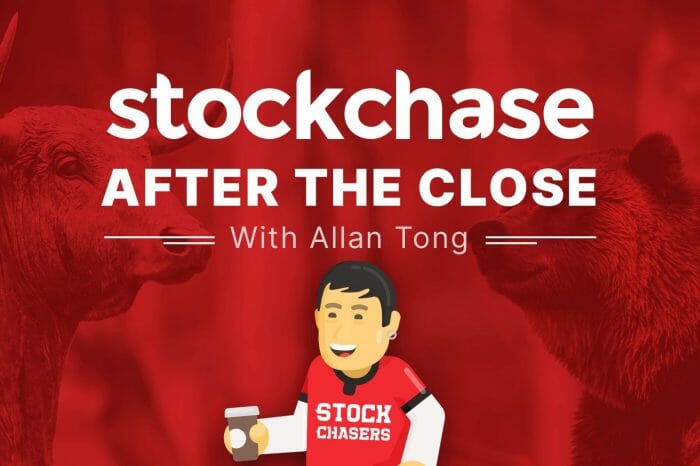3 Post-Covid Recovery Stocks to Buy

Recovery Stocks
Canadian vaccine rates continue to soar, which is good news, as it fuels reopenings across the country, restores Normal sooner and strengthens post-covid recovery stocks. True, the Delta variant is more infectious than its predecessors, but scientific data shows that existing vaccines, including JNJ’s, is effective. True, cases from Delta are rising in places like the U.K. and the U.S. but hospitalizations are hitting places with low vaccination rates, namely the American Bible belt. This week, we look at three stocks directly impacted by vaccines, stocks that benefit from the ongoing reopening, plus one that is seeking a Covid treatment.

Chartwell Seniors Housing (CSH.UN-T)– Past Pick, Nov. 17, 2020, 21.5% gain (including dividend)
When I recommended Chartwell, Pfizer then Moderna were making headlines over their Covid vaccines and America just elected Joe Biden. The world had turned a corner and a light suddenly appeared at the end of the tunnel. Chartwell jumped 13% on the Pfizer news. This medical breakthrough couldn’t have come a second too soon for luxury retirement home operators like Chartwell, which were obviously hit hard by the pandemic. (CSH.UN isn’t to be confused with nursing homes, which suffered tragic levels of fatalities during the 2020 lockdowns.)
Since then, residents and staff have been fully jabbed and Chartwell’s vacancy rate has been recovering from a bottom of 80% after scaling 93% pre-Covid. Accordingly, the share price has climbed 17% to $13.60 as of this writing. Moreover, CSH.UN has restored its place as an income stock, paying a 4.51% dividend yield, which is in line with healthcare facilities.
Chartwell and this sector are still recovering, but at least the trajectory points upward as Canada’s full vaccination rate crosses 50% of the adult population and continues to surge, thankfully. Further, existing vaccines are reported to be effective against the Delta variant and Pfizer is petitioning Washington for clearance to administer a booster shot in the near future. Altogether, this situation is not a slam dunk, it appears that humans are finally taming the Covid beast and Chartwell will be a recovery stock.
In the meantime, CSH stock’s fundamentals are mixed, though improving. EPS growth continues to improve at a penny EPS, but lags the industry’s $0.19. Price/cash flow at 17.1 is in line with peers, while CSH stock’s profit margin of -0.16% towers above the industry’s -95.45%. It’s the same story with returns, such as an -0.05% ROI vs. the sector’s -17.35%.
Since November, CSH stock has met its previous price target of $12.32 and is closing in on the current PT of $13.63, based on one buy and one hold signal, both published in early May. I expect an upgrade after a positive earnings report on August 5, which will cover the early Canadian reopening phase of April through June. Chartwell is not a trade, but a long-term investment that pays a reliable dividend and will be driven by demographics as more Canadians age.

Atossa Therapeutics (ATOS-Q)
The pandemic turned the corner on vaccines, but treatments will close the door. There are many companies developing an effective Covid treatment and at this stage they are speculative plays, including this Seattle biotech company with a US$600 million market cap.
Last week, Atossa announced that Australia granted them permission to begin a clinical study of its AT-H201 inhalation therapy to treat Covid patients. The study will be used in combination with two pre-approved drugs (the drug thinner Heparin and the anti-inflammatory N-acetylcysteine) to treat 60 healthy and moderately ill patients. Atossa is betting that its AT-H201 will be four times more effective than Gilead‘s Remdesivir.
Two analysts rate ATOS stock a buy with a price target of $7.50 or 41% upside. Again, this is purely a speculative play and a volatile one with a 2.21 beta though it is a recovery stock. Fundamentals are spotty with insufficient data on Atossa’s margins and price earnings, so you’re betting on AT-H201, much like the market was wagering on who would win the vaccine sweepstakes 16 months ago.

Restaurant Brands International (QSR-T)
Canadian investors are familiar with this collection of quick-service (aka fast food) chains, including Timmy’s, Burger King and Popeye’s. Obviously, QSR stock benefits from the reopening perfectly. Ontario, for example, will allow indoor dining starting Friday, July 16 right in the middle of summer making this a good candidate for a recovery stock. If you’re driving to the cottage or campsite or hanging out with friends you haven’t seen in months, then you’ll likely pop into a QSR location for a coffee or burger in Canada or the U.S.
QSR’s PE is 37.4x, which easily beats its peers of 320.4x. Margins also beat, such as profit margin at almost 16% vs. the sector’s 11.19%. However, ROI of 4.06% lags its peers of 9.42%. Though QSR’s 3.3% dividend yield pays more than its peers of 1.93%, QSR stock’s payout ratio is 122%. Another caveat is that PE, which was most recently $1.70, marking a 26.62% decline from a year ago; also, PE growth trails the industry.
However, the reopening remains a tailwind too powerful to ignore. It should push the stock price higher, at least returning to March highs of $87, up $7 from its current price. The weak link remains Tim Horton’s. Their business relies on morning commuters both on foot and rolling through their drive-thrus, and walk-ins in shopping malls and office towers. The consenus is that customers will gradually return to malls and offices, so I wouldn’t expect any pick-up in traffic until the fall. That said, Timmy’s remains a powerful brand in Canada (it never took off in the States). Twelve analysts consider QSR stock a buy and five a hold at a $94.31 price target.
Disclosure: I own shares of Chartwell.



